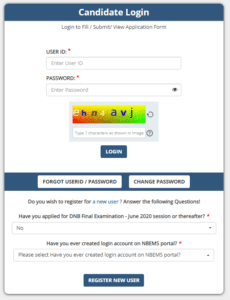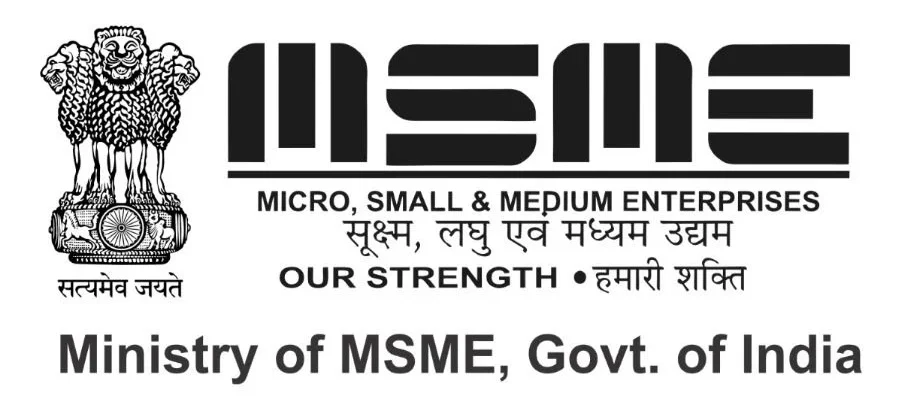In today’s digital age, the role of digital marketing in the growth of a business cannot be overstated. With the increasing reliance on technology and the internet, businesses need to adapt to the changing landscape and leverage digital marketing strategies to stay competitive and reach their target audience effectively. In this blog post, we will explore how digital marketing can help the growth of a business in the modern world.
Table of Contents
Toggle1. Increased Visibility and Reach
Digital marketing provides businesses with the opportunity to increase their visibility and reach a wider audience. Through various online channels such as search engines, social media platforms, and email marketing, businesses can target specific demographics and geographic locations, ensuring that their message reaches the right people at the right time.
By optimizing their website for search engines and utilizing search engine marketing techniques such as pay-per-click advertising, businesses can appear at the top of search engine results pages, increasing their chances of being noticed by potential customers. Social media platforms also offer targeted advertising options, allowing businesses to reach their ideal customers based on their interests, demographics, and online behavior.
2. Cost-Effectiveness
Compared to traditional marketing methods such as print ads or television commercials, digital marketing is often more cost-effective. With a well-planned digital marketing strategy, businesses can achieve a higher return on investment (ROI) by reaching a larger audience at a lower cost.
For example, email marketing campaigns can be highly targeted and personalized, resulting in higher conversion rates compared to mass mailings. Social media advertising allows businesses to set specific budgets and only pay for the clicks or impressions they receive. Additionally, digital marketing provides businesses with the ability to track and analyze their marketing efforts in real-time, allowing them to make data-driven decisions and optimize their campaigns for better results.
3. Enhanced Customer Engagement
Digital marketing offers various channels for businesses to engage with their customers and build meaningful relationships. Social media platforms provide an avenue for businesses to interact with their audience, respond to inquiries, and address customer concerns promptly. This level of engagement helps to build trust and loyalty, ultimately leading to repeat business and positive word-of-mouth referrals.
Furthermore, digital marketing allows businesses to personalize their marketing messages based on customer preferences and behavior. By analyzing customer data and using techniques such as email personalization and retargeting, businesses can deliver relevant and timely content that resonates with their audience, increasing the chances of conversion.
4. Measurable Results and Analytics
One of the significant advantages of digital marketing is the ability to measure and track the results of marketing campaigns accurately. Unlike traditional marketing methods, where it can be challenging to determine the exact impact of a particular campaign, digital marketing provides businesses with detailed analytics and insights.
Through various tools and platforms, businesses can track key performance indicators (KPIs) such as website traffic, conversion rates, click-through rates, and customer engagement. This data allows businesses to evaluate the effectiveness of their marketing efforts, identify areas for improvement, and make data-driven decisions to optimize their strategies.
5. Adaptability and Flexibility
In the rapidly evolving digital landscape, businesses need to be adaptable and flexible to stay ahead of the competition. Digital marketing provides businesses with the ability to quickly adjust their strategies and tactics based on market trends and consumer behavior.
For example, if a particular social media platform gains popularity among the target audience, businesses can allocate more resources to that platform and tailor their content accordingly. Similarly, if a marketing campaign is not generating the desired results, businesses can make adjustments in real-time, saving time and resources compared to traditional marketing methods.
In conclusion, digital marketing plays a crucial role in the growth of a business in the modern world. By increasing visibility and reach, offering cost-effective solutions, enhancing customer engagement, providing measurable results, and enabling adaptability, businesses can leverage digital marketing strategies to stay competitive, attract new customers, and foster long-term growth.






















